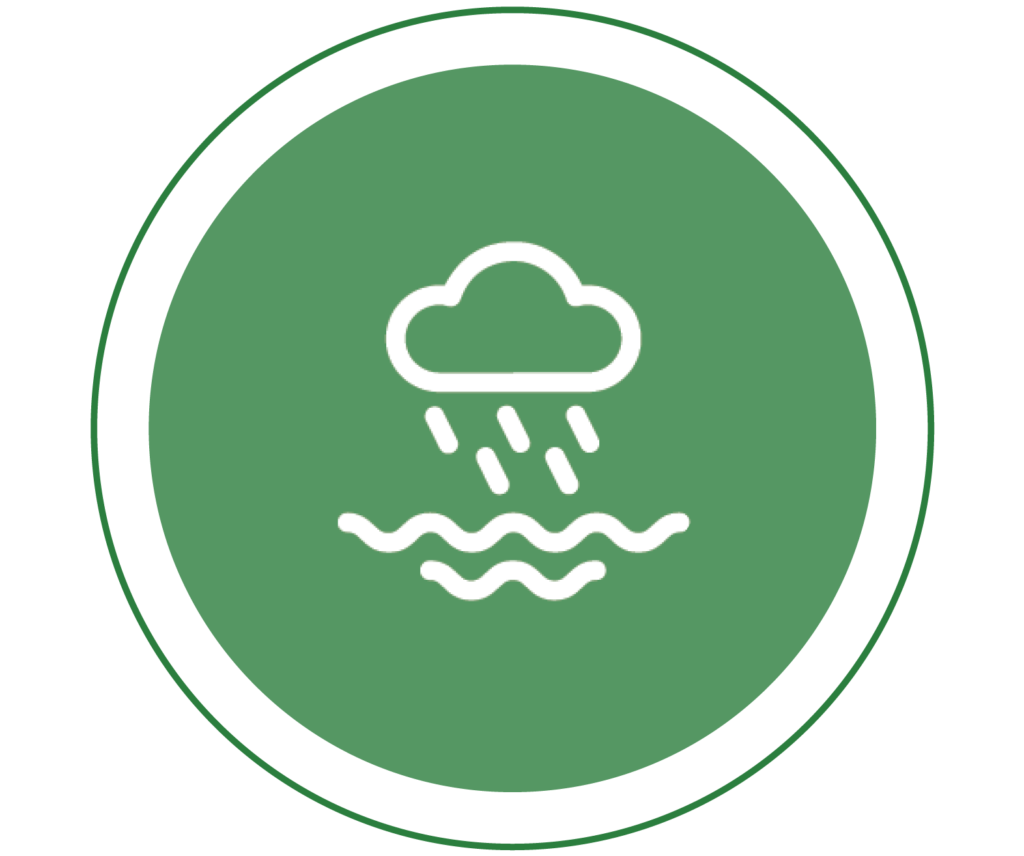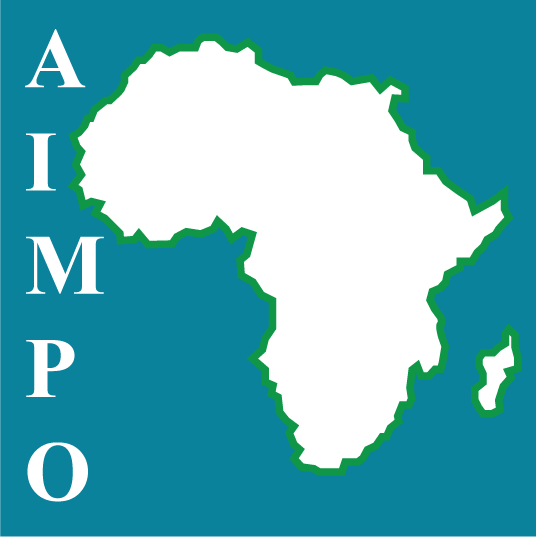Climate Action, Sustainability & Conservation

Indigenous Batwa communities have lived in harmony with nature for centuries, but in today’s reality they are hit hardest by the effects of climate change. Global warming is expected to result in increased temperatures, intensified rainfall, and prolonged dry seasons. After the evictions from their homelands in the forests and forced relocation, most Batwa now find themselves living in secluded villages with little to no access to land.
These communities are directly dependent on natural resources, but the villages they live in are often located in areas prone to natural hazards, including extreme rainfall, floods, and landslides (Northern, Southern, and Western provinces) as well as droughts (most common in the Eastern province). As a result, the most vulnerable communities are at risk of losing their already scarce resources, for example in the form of crop failure due to flooding and droughts. In the Climate Action, Sustainability, and Conservation program, AIMPO focuses on reducing these risks through sustainable initiatives.
As such, the United Nations seventh, eleventh, twelfth, and thirteenth Sustainable Development Goals (SDGs) are addressed : Affordable and Clean Energy (SDG 7), Sustainable Cities and Communities (SDG 11), Responsible Consumption and Production (SDG 12), and Climate Action (SDG 13).
AIMPO is currently setting up a project in Musanze district to install solar panels and teach Indigenous women in how to make electric stoves. The community currently does not have access to electricity, which is one solar panel will be installed per household. The women will be taught how to produce electric stoves. After they complete one for their own household, they can go on to sell the electric stoves, which not only contributes to making cooking more sustainable, but also generates income through selling these stoves and saves time by eliminating the necessity for collecting firewood for cooking and lighting.
The project thus addresses poverty as well as gender through sustainable solutions. In addition to this more solution-oriented program, AIMPO is setting up an environmental memorial exhibition and outreach program, which addresses the urgent and growing threat of climate change in Bugesera district. It aims to research, develop, and implement programs that contribute to climate change mitigation. Within this program, AIMPO also educates and motivates citizens as well as the (local) government to become more active in terms of climate action.
These communities are directly dependent on natural resources, but the villages they live in are often located in areas prone to natural hazards, including extreme rainfall, floods, and landslides (Northern, Southern, and Western provinces) as well as droughts (most common in the Eastern province). As a result, the most vulnerable communities are at risk of losing their already scarce resources, for example in the form of crop failure due to flooding and droughts. In the Climate Action, Sustainability, and Conservation program, AIMPO focuses on reducing these risks through sustainable initiatives.
As such, the United Nations seventh, eleventh, twelfth, and thirteenth Sustainable Development Goals (SDGs) are addressed : Affordable and Clean Energy (SDG 7), Sustainable Cities and Communities (SDG 11), Responsible Consumption and Production (SDG 12), and Climate Action (SDG 13).
AIMPO is currently setting up a project in Musanze district to install solar panels and teach Indigenous women in how to make electric stoves. The community currently does not have access to electricity, which is one solar panel will be installed per household. The women will be taught how to produce electric stoves. After they complete one for their own household, they can go on to sell the electric stoves, which not only contributes to making cooking more sustainable, but also generates income through selling these stoves and saves time by eliminating the necessity for collecting firewood for cooking and lighting.
The project thus addresses poverty as well as gender through sustainable solutions. In addition to this more solution-oriented program, AIMPO is setting up an environmental memorial exhibition and outreach program, which addresses the urgent and growing threat of climate change in Bugesera district. It aims to research, develop, and implement programs that contribute to climate change mitigation. Within this program, AIMPO also educates and motivates citizens as well as the (local) government to become more active in terms of climate action.

